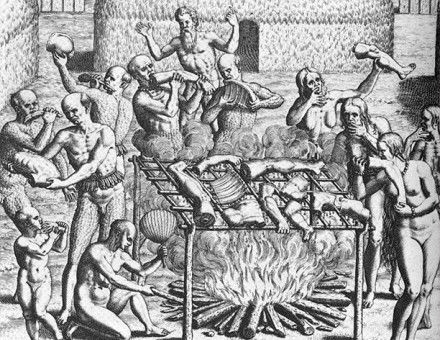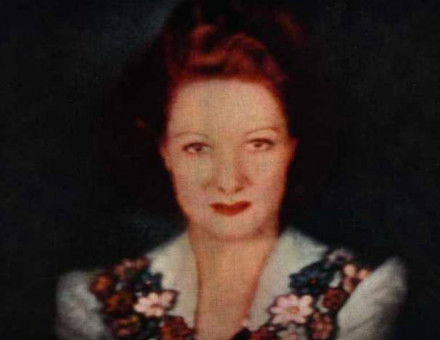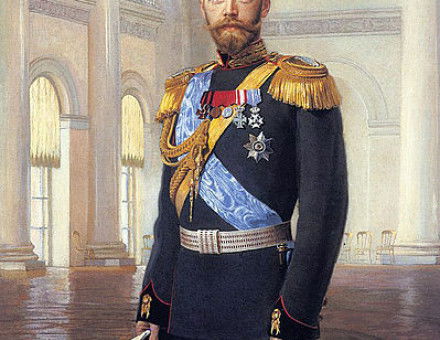The Shadow of a King? Charles II in Exile
Charles II was the only king of England for two hundred years to survive exile and return to power. Anna Keay considers how he kept up his regal appearances whilst in exile, paving the way for his return to the throne.





